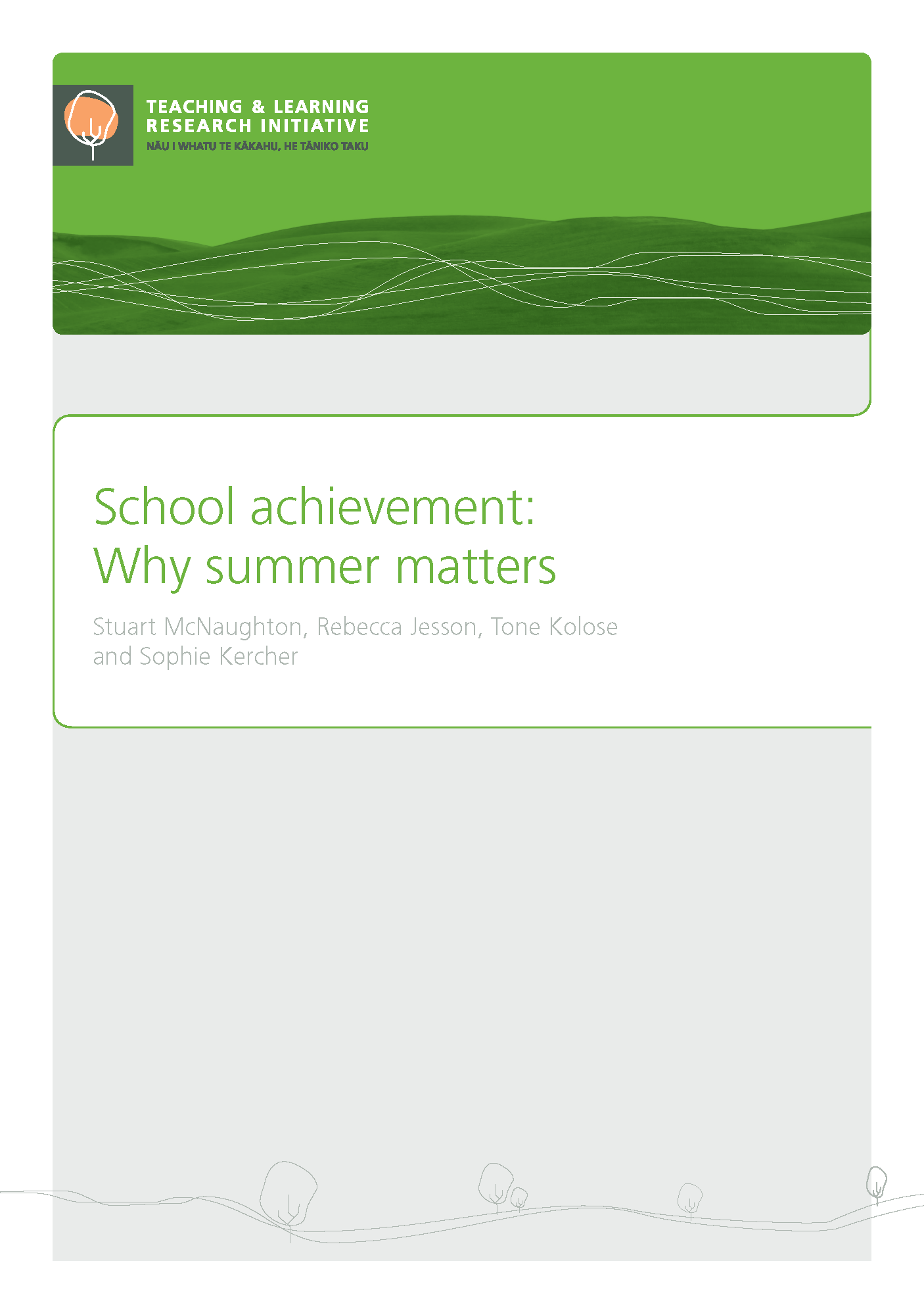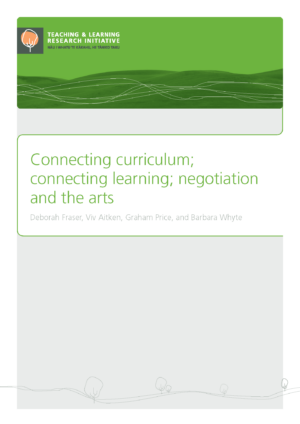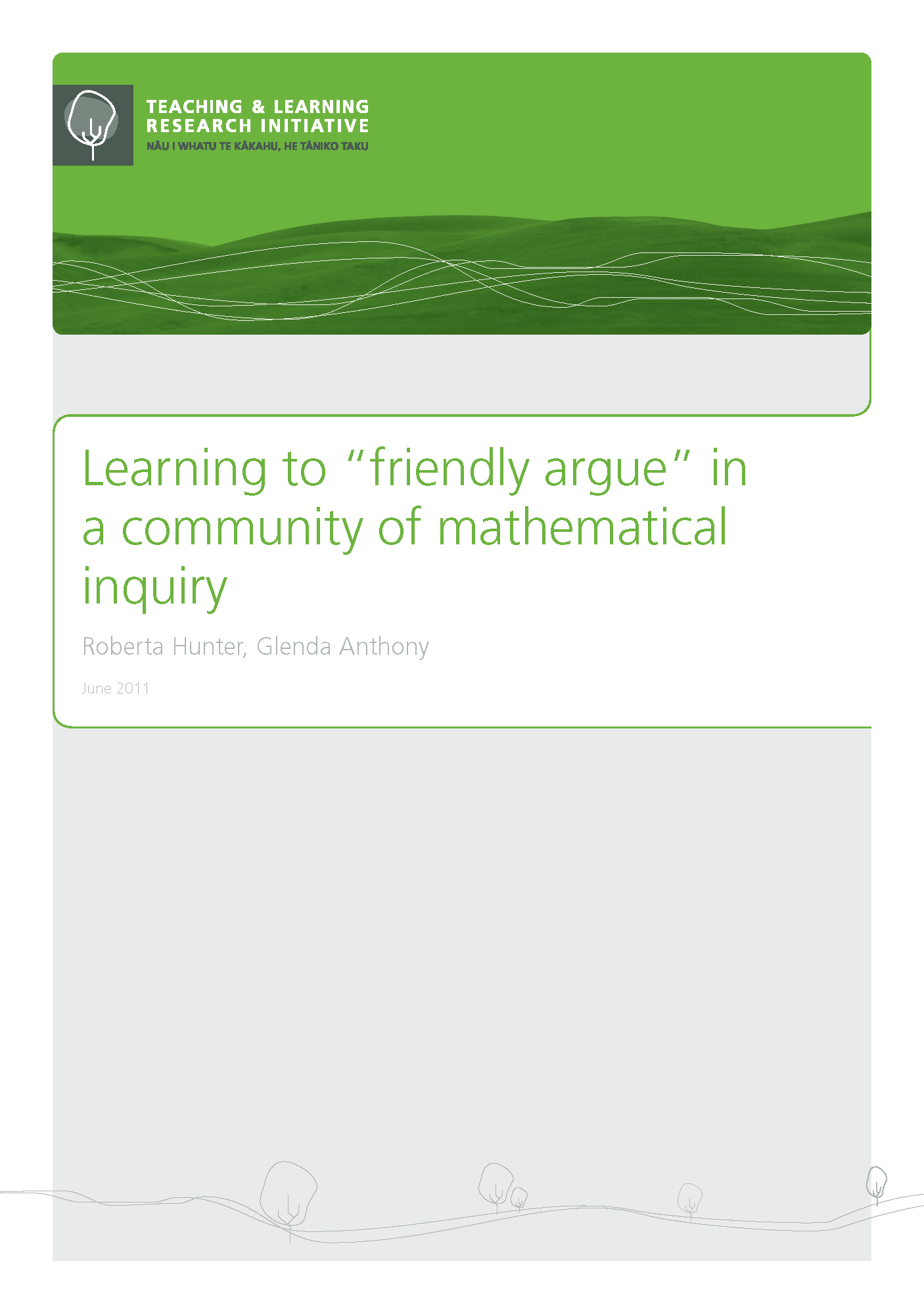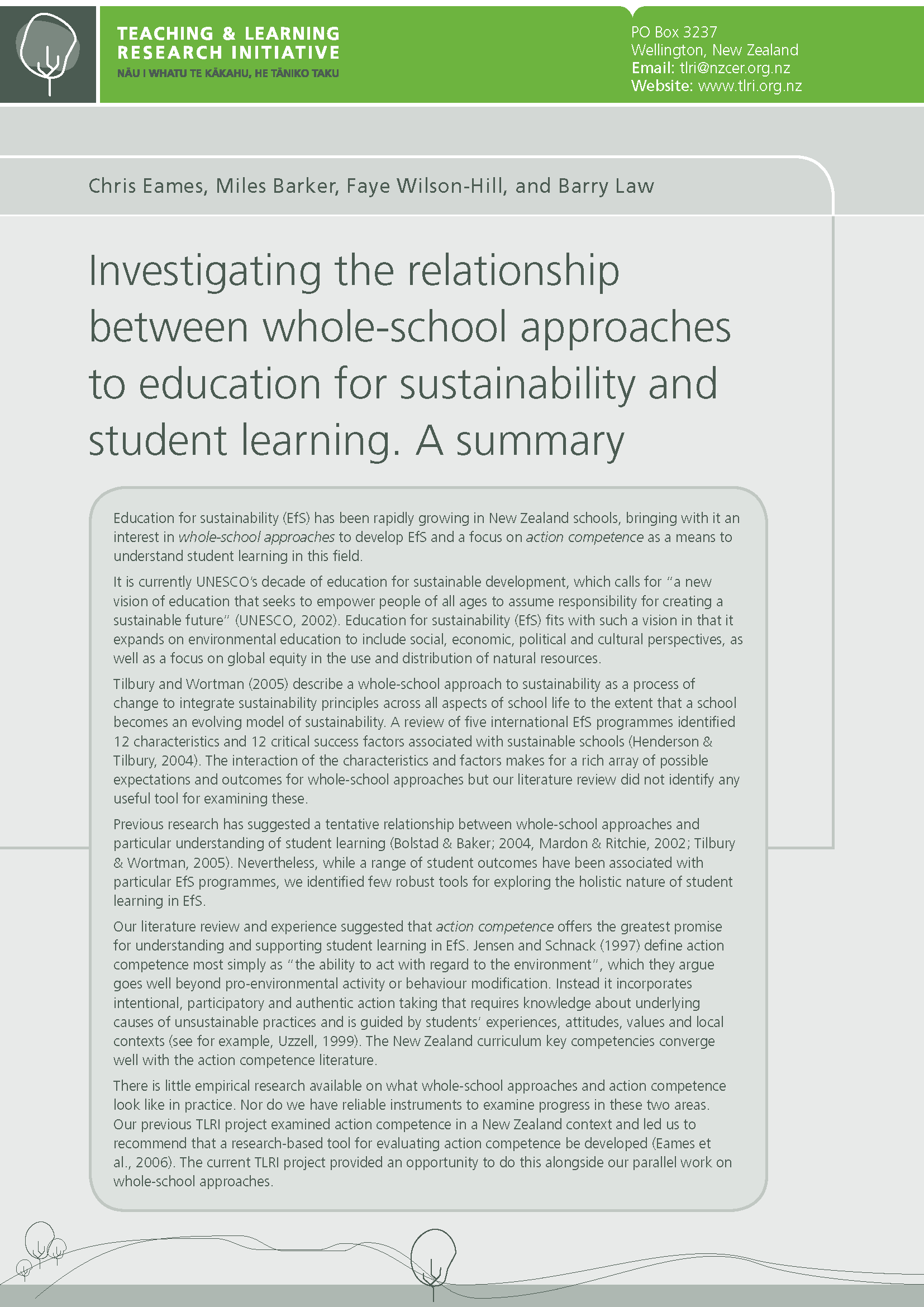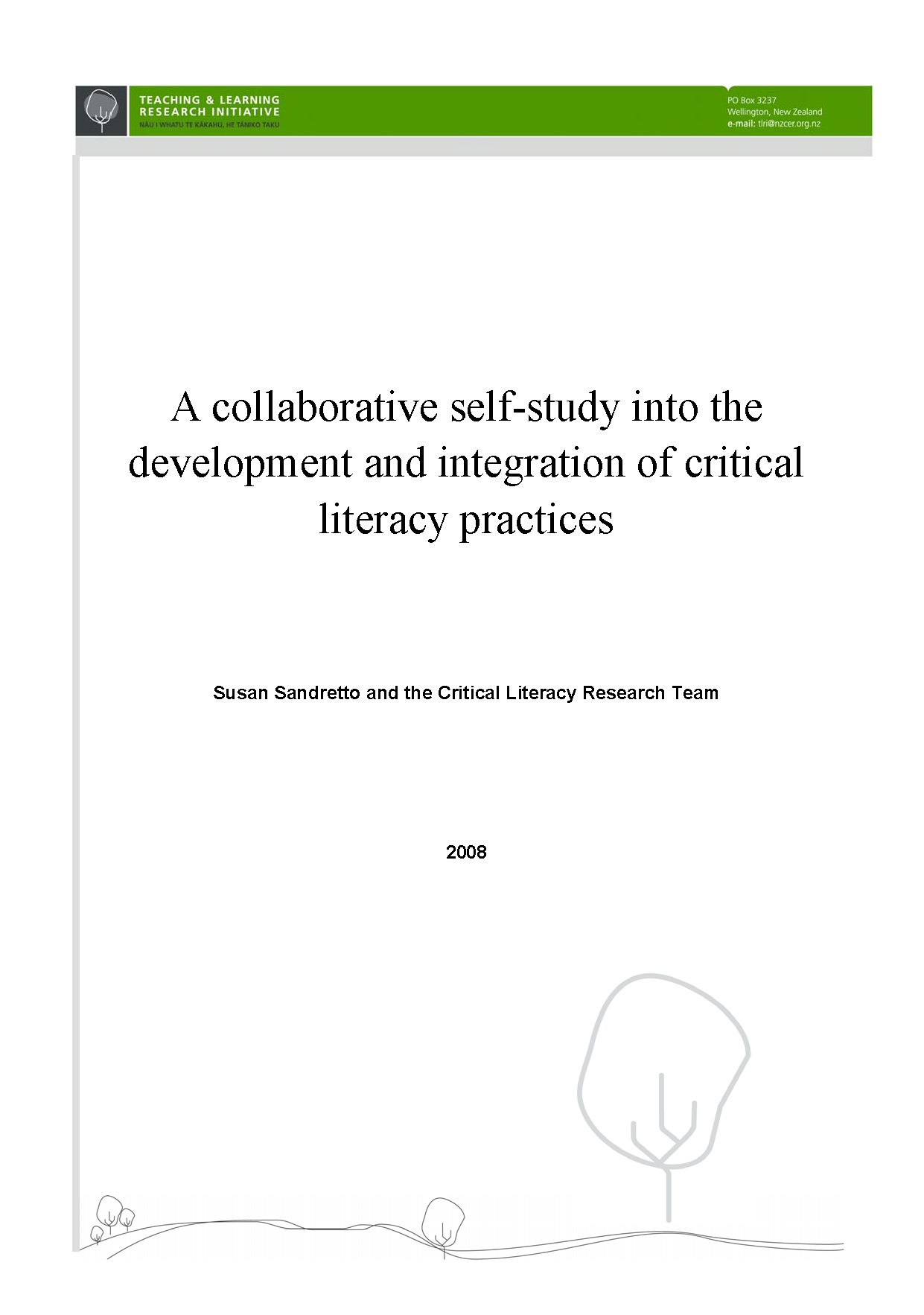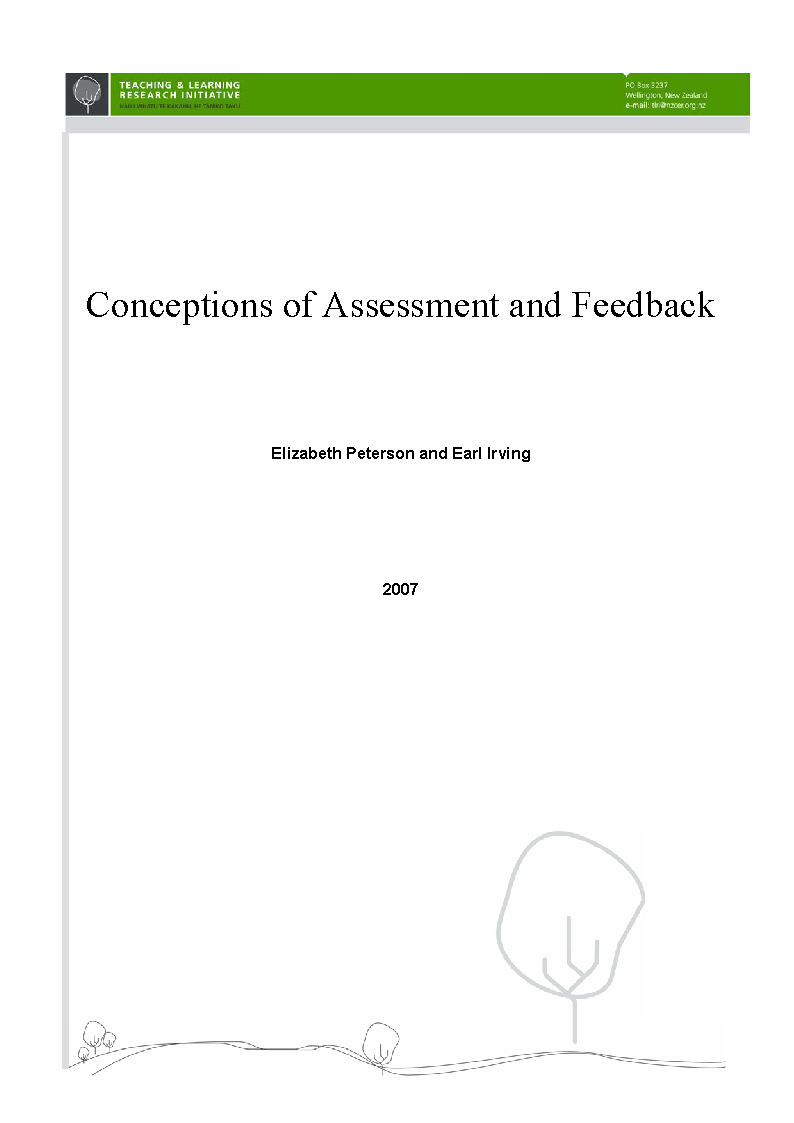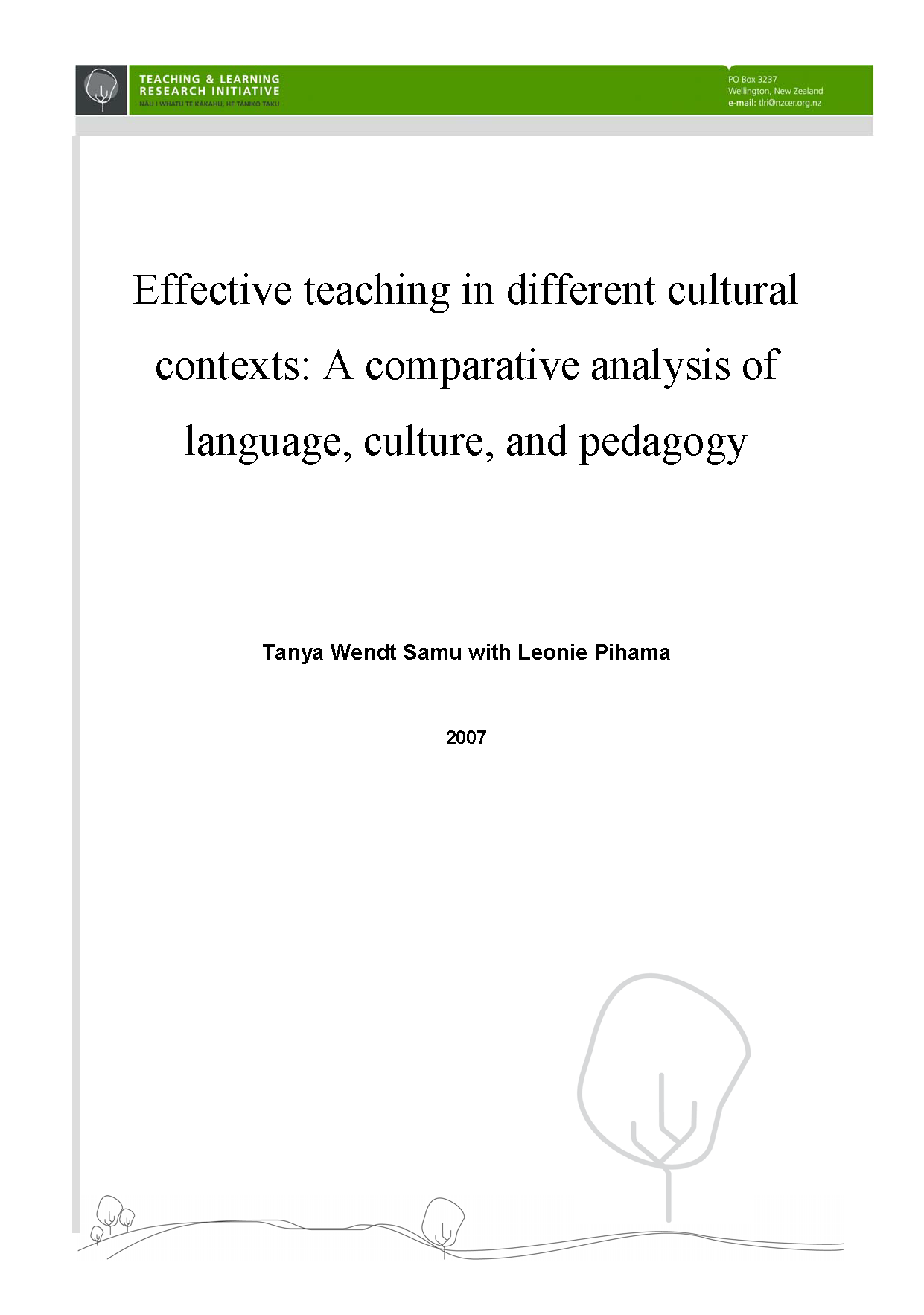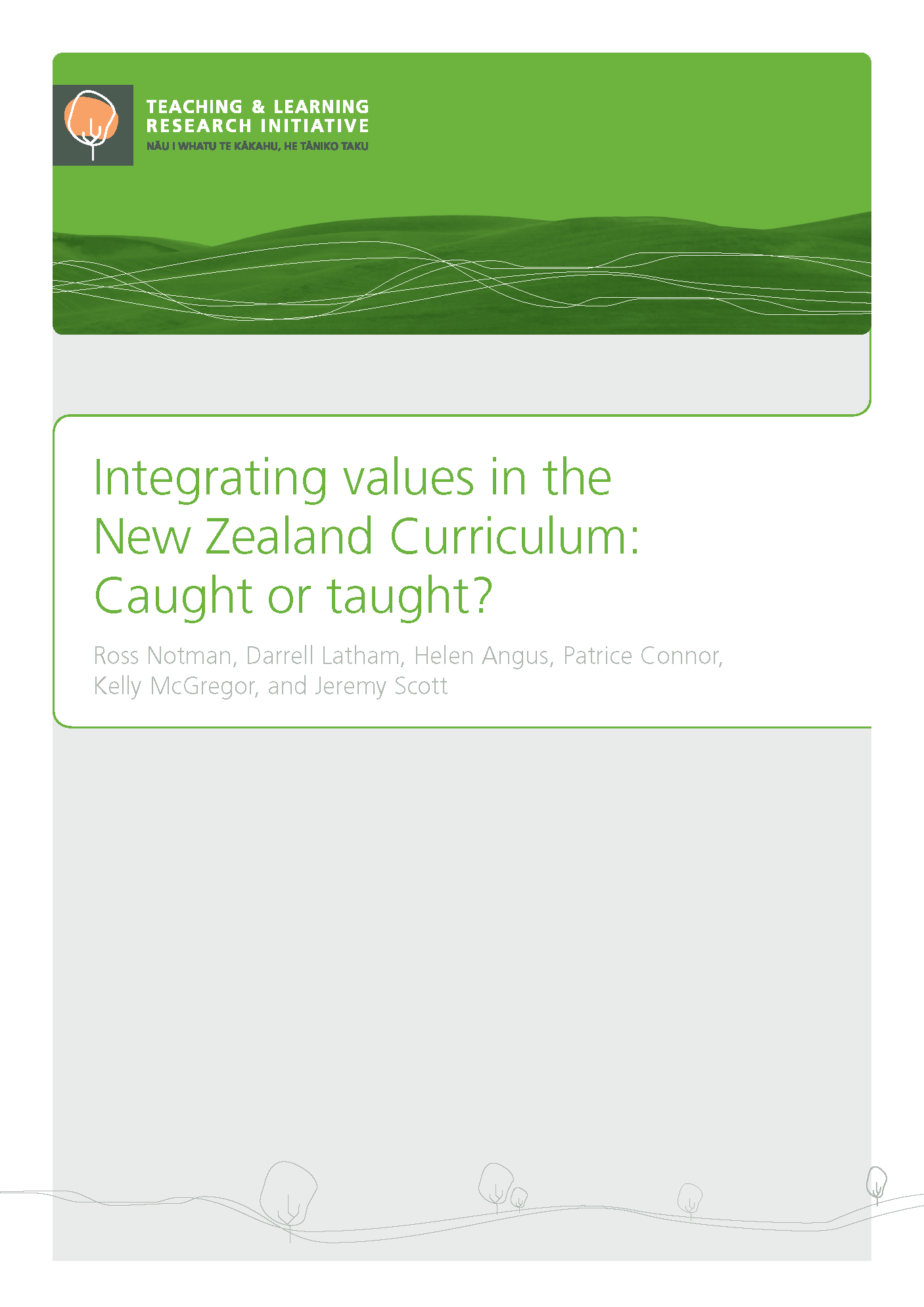
Integrating values in the New Zealand Curriculum: Caught or taught?
Introduction Currently, there are gaps in our knowledge about values development in New Zealand schools. we do not know what teachers, curriculum leaders and principals believe and know about values implementation in the new curriculum, nor do we know about the effect on student learning of current implementation strategies for teaching values. This study aims to explore (a) the ability of schools to integrate values into their teaching and learning programmes, and (b) the effect of approaches taken to implement values throughout the school. Key findings The most favoured strategies for teaching values included teacher role modelling, using the “teachable moment” and explicit teaching of values. The most preferred strategies for

